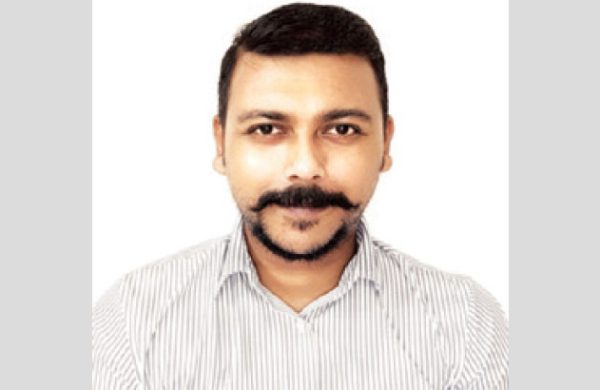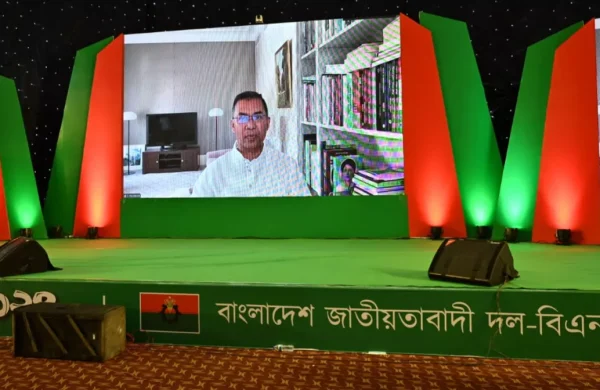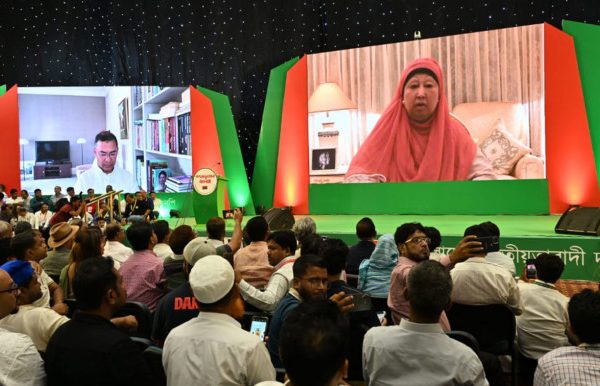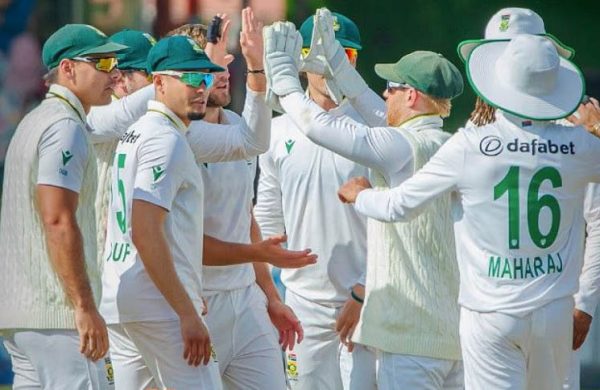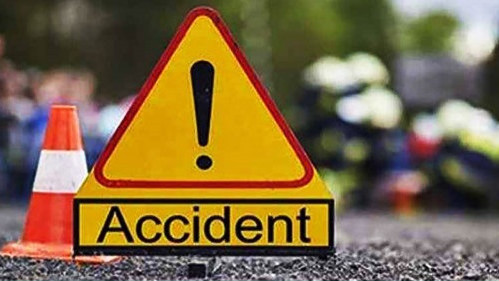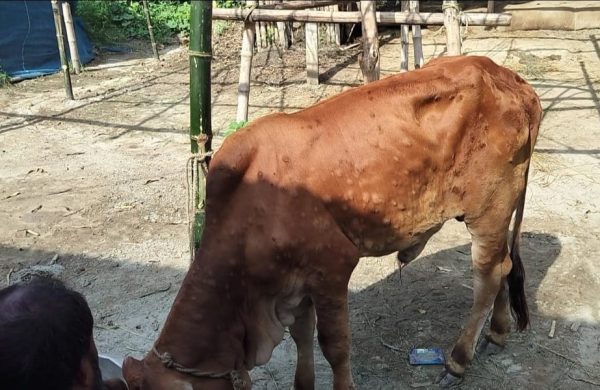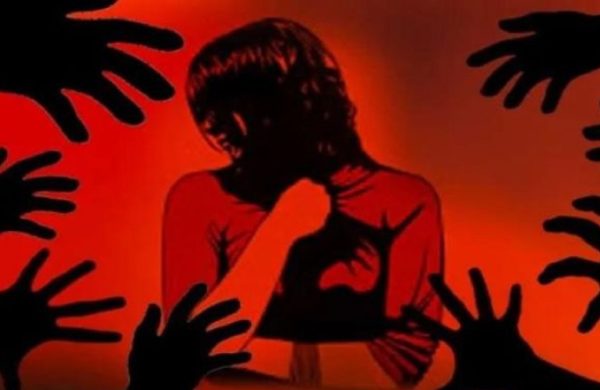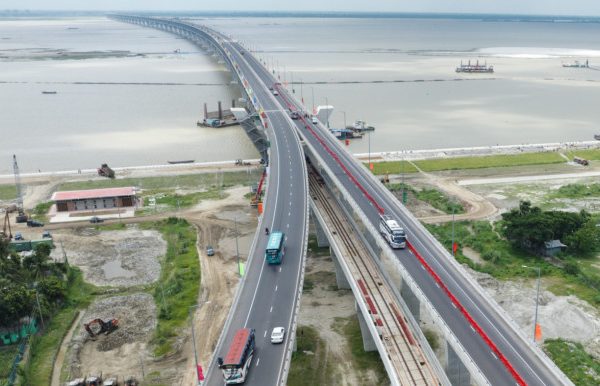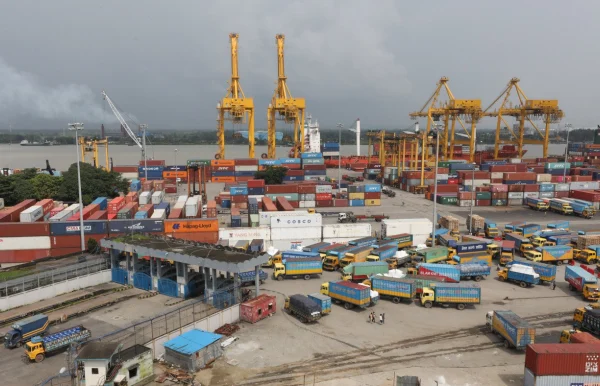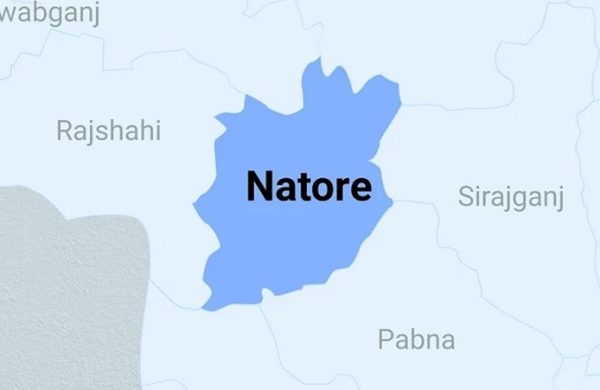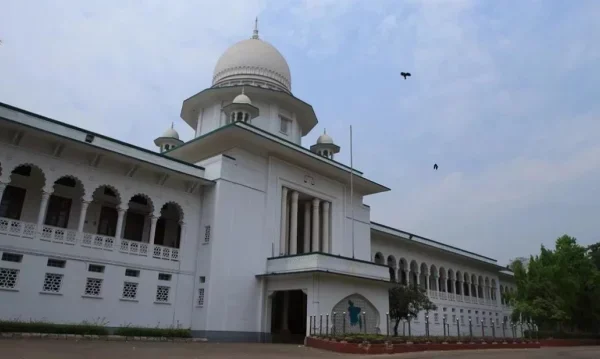Crime, Chaos and the Illusion of Peace
- Update Time : Tuesday, July 1, 2025
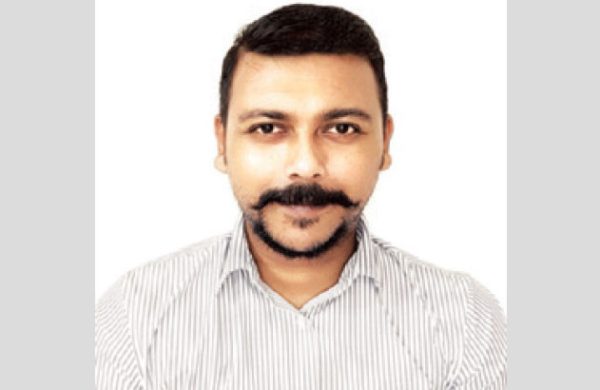
—H M Nazmul Alam—
More than ten months have passed since the historic political changeover of August 2024, when a massive student-led uprising forced Sheikh Hasina’s exit and ushered in an interim government led by Nobel Laureate Professor Muhammad Yunus. The promise was simple: stability, accountability and reform. The reality? A dizzying spiral of bloodshed, factional warfare and escalating crime.
Let us begin with the numbers—the cold, clinical, soul-deadening numbers. According to rights group Ain O Salish Kendra data updated till May 31 this year, since August 2024, at least 121 lives have been lost to political violence. That is more than one death every three days. And that does not even cover the 4,892 people injured across 444 reported clashes. These are not just statistics; these are charred limbs, blinded eyes and broken families.
Meanwhile, the police – our beleaguered, battle-scarred, demoralised force – are struggling to get back on their feet. Once viewed as the hammer of state oppression under the Hasina regime, they are now treated as both the villain and the victim. Many officers fled their stations after the uprising. Some face criminal charges. Others nurse psychological wounds that no debriefing or motivational speech can heal. The fall of Hasina may have changed the top floor, but the basement is still on fire.
But this is only one dimension of our unravelling. The chaos now extends deep into every measure of what researchers call societal safety and security. The Global Peace Index evaluates peace through 23 indicators, and Bangladesh has earned dismal scores across nearly all of them. The number of internal conflicts has multiplied, with the intensity of organised domestic clashes reaching levels unseen in recent decades. The duration of these conflicts and the state’s inability to resolve them have ensured that violence is no longer an exception.
The picture worsens when one considers the erosion of social safety nets. Political instability has become the defining characteristic of our national life. With nearly a quarter of citizens reporting they no longer feel safe in daily life, the GPI’s indicator tracking refugees and internally displaced persons per capita rose sharply, a figure more often associated with war zones than with a supposedly democratic state.
The Political Terror Scale, which tracks intimidation, disappearances and the abuse of state power, has rated Bangladesh increasingly high risk. After decades of repression, the habit of extrajudicial control did not vanish when the government changed hands.
The same playbook – arbitrary detentions, violent crackdowns and politically motivated prosecutions – has simply been recycled under new management. Our prisons are swelling. Official statements insist this is merely the price of restoring order. In reality, it is the institutionalisation of chaos.
Meanwhile, economic disparity fuels the crisis. As the cost of living skyrockets, inequality worsens and unemployment among young men soars, more and more are drawn into gangs and vigilante groups. The Global Peace Index recognises that a society’s peacefulness depends not just on security forces but also on the absence of desperation. Here, that absence has become an abyss. Professor Mir Mohammad Ali of Sher-e-Bangla Agricultural University recently observed, “A culture of impunity, absence of good governance and moral degradation are deepening the crisis.” Investor confidence has evaporated, further limiting any prospects for economic relief. A recent survey found that 32 per cent of adults now suffer from severe anxiety or depression—a human cost no peace index fully captures.
Even in the realm of militarisation, Bangladesh fares poorly. The GPI examines military expenditure as a share of GDP, the number of armed service personnel per capita, the import and export of heavy weapons and ease of access to small arms. In all these metrics, we continue to invest in the architecture of coercion rather than the foundations of peace. While the government defends these investments as essential for security, the result is a society primed for escalation. Small arms proliferate in city neighbourhoods, and the line between official weapons and criminal arsenals has all but disappeared, as demonstrated by uniformed gangs staging heists worthy of fiction.
Even the last refuge of our reputation has collapsed. Bangladesh’s drop to 123rd place in the Global Peace Index (a fall of 33 places in a single year) marks the steepest deterioration anywhere in the world. While 74 countries improved their peace scores, we slid further than any other nation, a staggering verdict on our collective failure. The IEP attributes this decline not only to violent crime but to widespread civic unrest, an uncertain transfer of power and the state’s heavy-handed response. They cite a 13.2 per cent drop in our overall score—our worst since the index began.
And still, the government insists we are moving forward. The irony grows darker: Bangladesh, despite everything, still ranks ahead of the United States, placed at 128. So, we may not have peace, but at least we have something to brag about on social media.
Advocate Hasan Tariq Chowdhury of the Bangladesh Peace Council has warned that this ranking is not a mere embarrassment but a declaration of systemic failure. He argues that when the indicators measuring political terror, violent demonstrations, homicide rates, incarceration levels, military spending and social dislocation all point downward, no press release can disguise the reality. Peace has been redefined here, not as the absence of conflict but as the careful choreography of its denial.
———————————————————————
The writer is an academic, journalist and political analyst. He can be reached at [email protected]


